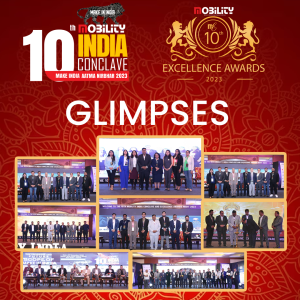Samsung Electronics introduced its latest initiative to help improve the lives of those with autism. The Look At Me app aims to help develop communication skills in children with autism, with a view to deepening relationships with those around them.
It is well understood that many children with autism struggle to make and sustain eye contact with others, something that could affect them socially as they grow up. Studies have shown that children with autism like to interact with smart devices, so Samsung collaborated with doctors and professors from Seoul National University and Yonsei University to develop the Look At Me app and conducted joint clinical trial with 20 children for 8 weeks.
Through a smart device’s camera function, children can learn to read a person’s mood, remember faces and take photos of themselves exhibiting a range of emotions and different poses. Seven fun and interactive missions keep the children engaged, while a point system, various rewards and sound/visual effects keep them motivated to do better. Each mission takes about 15~20 minutes a day to complete.
Professor Kyong-Mee Chung at Yonsei University noted that “60% of the children tested showed improvement in making eye contact. They could also identify emotional expressions more easily. This app will help children with autism improve their perception and expression of diverse emotions, such as happiness, surprise and fear.”
“Over 60 million people are diagnosed with autism globally, and there is a lack of hospitals and readily-available facilities to treat them effectively. Treatment costs are also high and there are often long waiting times associated with the condition. Knowing that autistic children interact well with technology, we wondered if we could help in some way to support the development of their communication skills,” Chung Lyong Lee, Vice President of Corporate Citizenship Group at Samsung, “Look At Me is a light, fun and game-like app that parents can play with their children to get them accustomed to making eye contact and reading people’s emotions. We hope we can play a small part in improving the lives of children around the world.”





